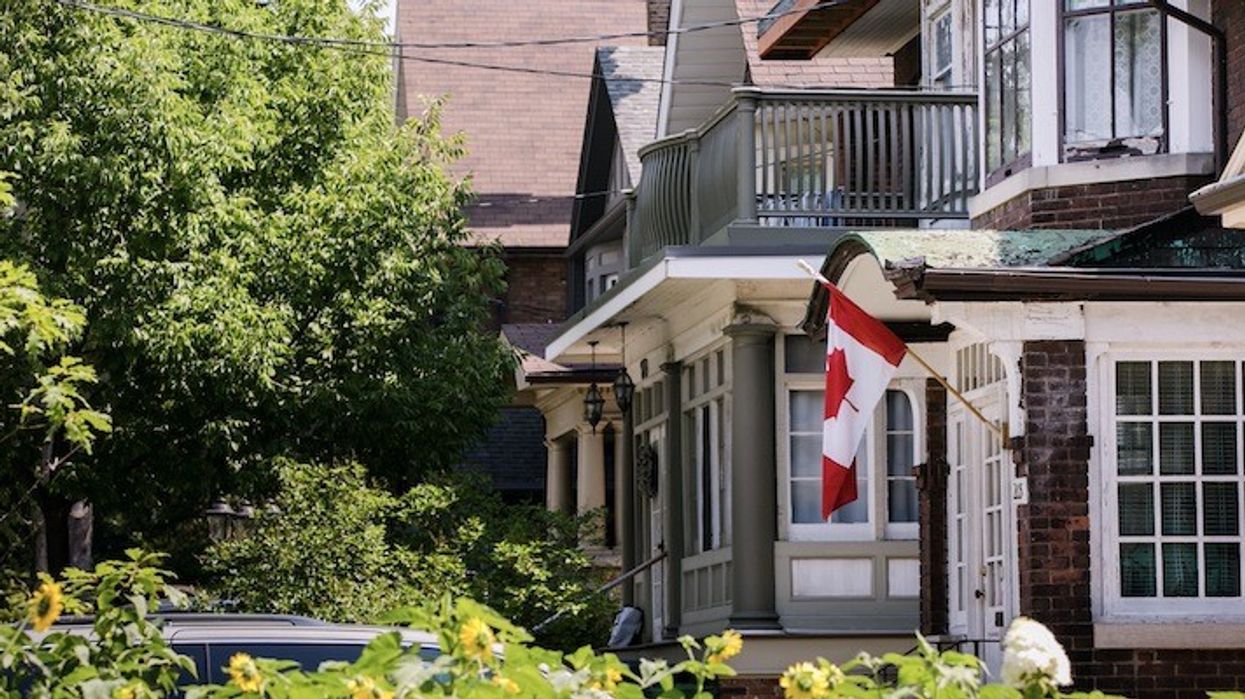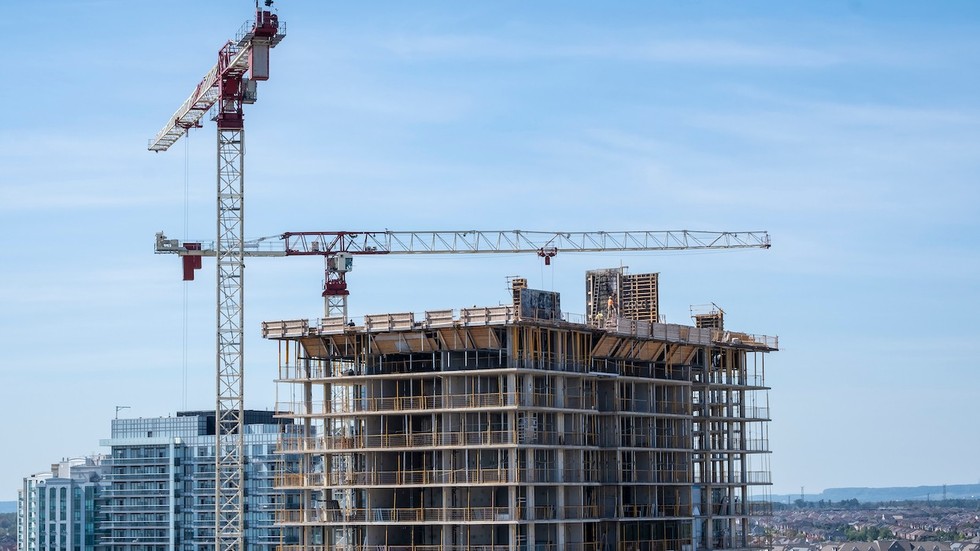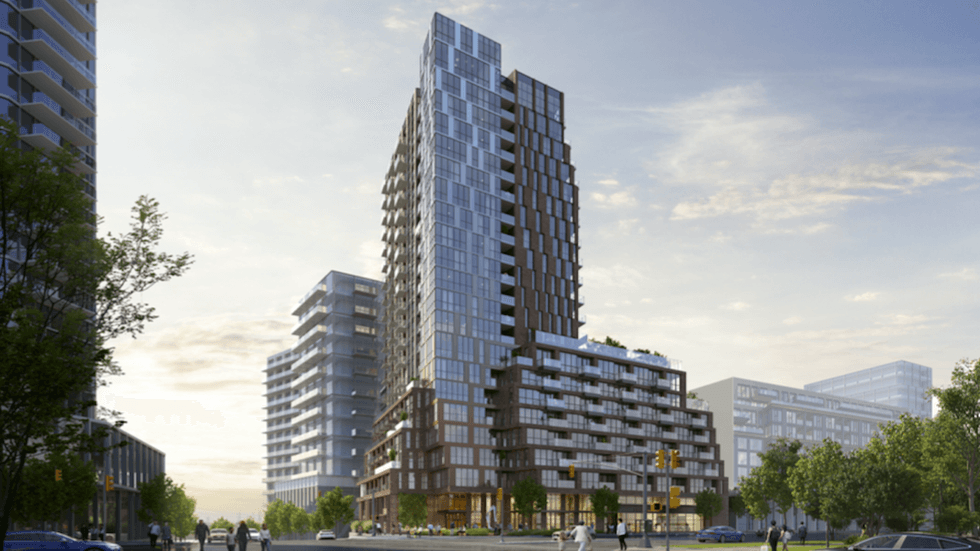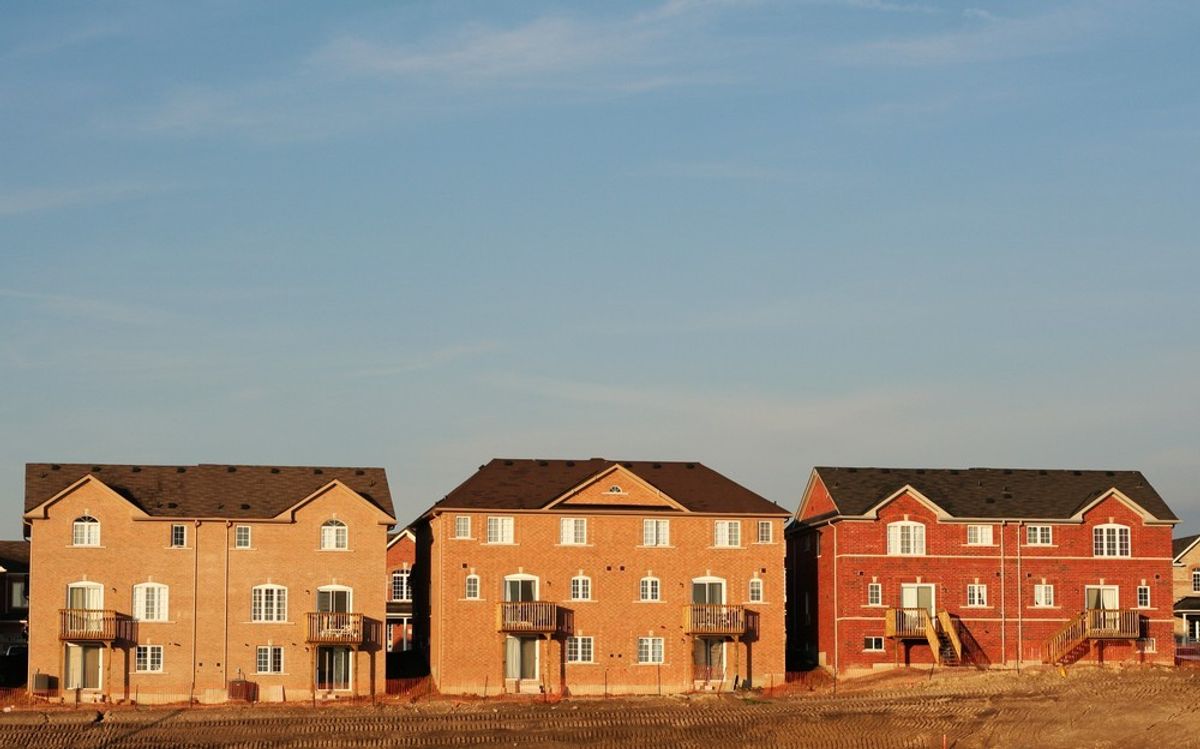While confidence in the Canadian housing market continues to grow, at least one Canadian economist is warning that a market slowdown is coming.
A new survey from Nanos Research Group suggests confidence in Canada's housing market is booming, with some 45% of respondents saying they believe the value of real estate in their neighbourhood will increase over the next six months, the highest reading since mid-March when mass nation-wide shutdowns were implemented to help control the coronavirus outbreak.
At the same time, only 13% of respondents believe values will decrease, the smallest reading over the same period.
Following the survey results, Benjamin Tal, deputy chief economist at CIBC, spoke to BNN Bloomberg to discuss the data, and said he believes many people are taking advantage of the low-interest rates during "the most housing-friendly-recession ever."
READ: Shifting Home Buying Behaviours, Immigration Continue to Impact Canadian Housing Market
However, in light of this sense of optimism, Tal says he believes "the housing market will slow down," and subsequently, the economy, too.
"Even the governor of the Bank of Canada is telling us, listen, don't expect any growth basically over the next six months. The party's over. You can't have a o% increase in the economy with the housing market continuing to boom," said Tal.
Tal also added that another factor influencing his forecast is that the damage to the labour market will be "much more significant in terms of the impact of the economy and the impact on the economy."
"Normally you would see more higher-wage jobs disappearing or at least you would have less job security there. And that's very, very important," explained Tal. "So, I believe that this optimism is not actually going to last for too long."
Tal said that if you ask any real estate developer or investor in the condo space, they'll tell you the market isn't actually that "hot." As such, Tal says all the focus is now on the low-rise segment of the market where there is no supply.
"The demand is there because of the nature of the crisis and this means that we soon will reach, I believe, a price resistance, even in this segment of the market and it will start softening."
At this time, Tal seems to be one of the few economists speaking out about a looming housing market slowdown, with many other economists offering mixed views on the future of Canada's housing market.
In a recent press conference, CMHC’s Chief Economist, Bob Dugan, told reporters that the agency stands by the original forecast it made in May that warned of a decline in Canadian house prices between nine and 18% — a forecast that RE/MAX has previously referred to as “fear-mongering.”
In response, Dominion Lending Centres chief economist Sherry Cooper explained that the average home prices nationwide were up by 1.5% at the latest reading in August, cautioning that the CMHC is “overly pessimistic.” Following suit, Central 1 chief economist Helmut Pastrick said that prices are “actually on the rise” and that record-low mortgage rates will continue to drive sales and prices higher.
However, Tony Stillo, Director of Economics for Canada at Oxford Economics, agrees with the CMHC, and previously admitted that while the property market has been resilient, he still expects a “modest retreat in housing activity later this year and through mid-2021.”
“This reflects historic loss of income, job insecurity, virus fear and uncertainty, stricter CMHC lending rules, an effective pause on immigration, an exodus out of high-density urban markets, low tourist and foreign student demand for Airbnbs, and end of mortgage deferrals by banks,” said Stillo.
“These factors may force many homeowners – particularly highly leveraged households and investors – to quickly sell their homes.”
C.G. Consulting Group chief economist Carl Gomez has also noted that “large fundamental imbalances in the various housing markets across the country still exist.”
“After a wave of pent up demand and low-interest rates caused a strong bounce back in summer activity, these fundamental factors are likely to start weighing on the market (without the offsetting support of even lower rates and increased government support, or, for that matter, stronger population growth),” said Gomez.
Locally, Toronto has consistently seen housing prices rise throughout the pandemic. In TRREB’s latest data from September, 11,083 existing homes were sold in the Toronto-area at an average price of $960,772 -- up 14% year-over-year.





















